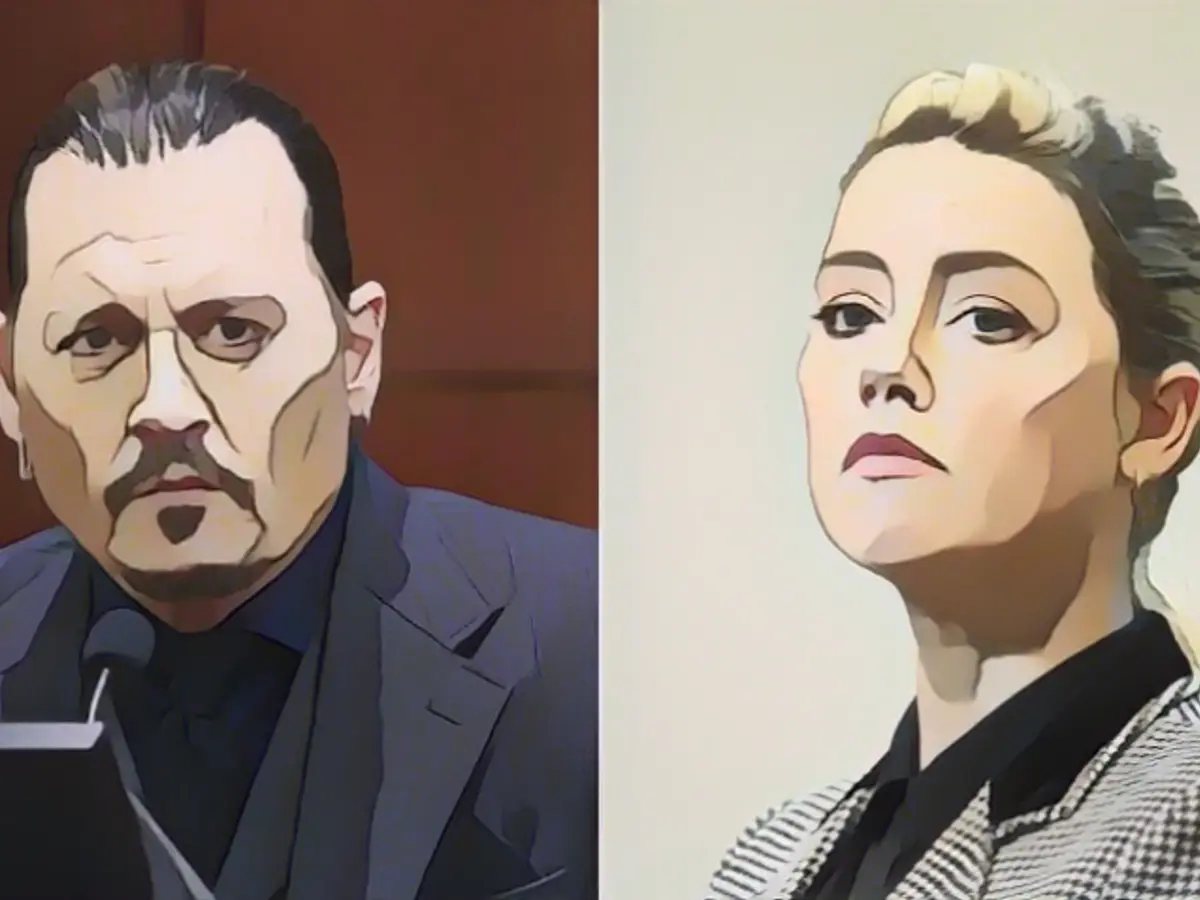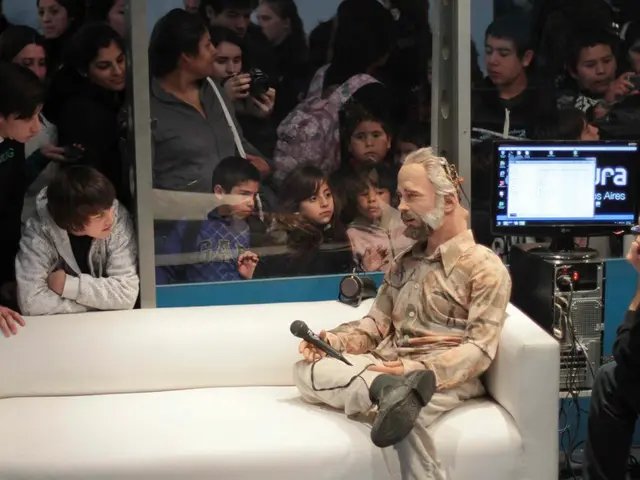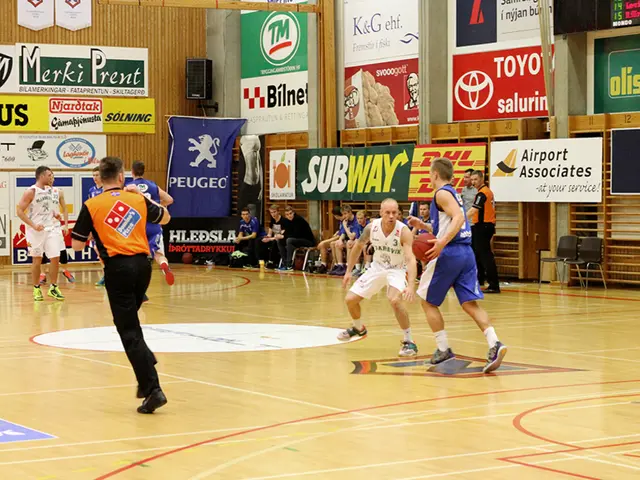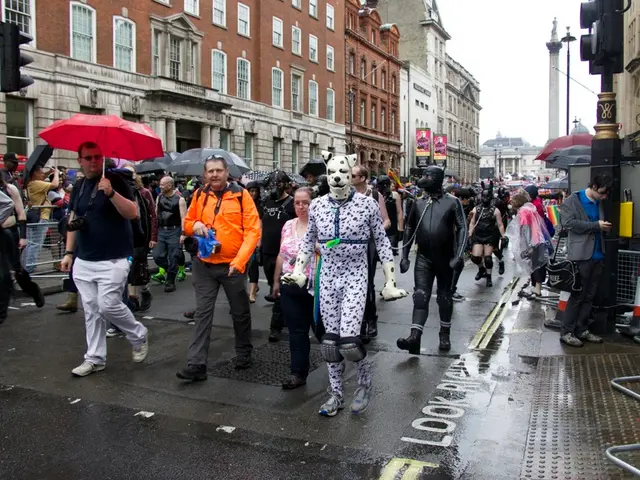The Johnny Depp and Amber Heard trial, with its explosive allegations of domestic abuse, has sparked widespread public interest and debate. The jury sided largely with Depp, awarding him a maximum $10 million in compensatory damages and an additional $5 million in punitive damages, while only granting Heard $2 million in compensatory damages.
However, the trial's impact reaches far beyond the personal lives of Depp and Heard. It raises significant questions about societal progress since the height of the #MeToo movement and highlights various challenges that survivors of sexual abuse continue to face.
Back in 2017, the New York Times exposed Harvey Weinstein's decades-long pattern of sexual misconduct. This revelation followed reports of millions paid out to Fox News staffers making allegations against Bill O'Reilly. For a moment, it seemed that a new era was dawning, one where survivors of sexual abuse could expect greater societal support and eventual justice for their perpetrators.
Sadly, this optimism has begun to fade. As feminist scholar Sarah Barnett-Weiser argues, every step forward by women is met with a counter-reaction. In this case, the backlash manifested in the form of accusations of false claims against survivors, such as in the Depp-Heard trial.
Depp's defamation lawsuit against Heard poses a significant risk for other survivors of domestic abuse. If they come forward with accusations, there's a chance they too could be accused of defamation. This chilling prospect can dissuade many from speaking out or pursuing legal action against their abusers.
The trial reveals another underlying danger faced by survivors: the potential for online support to turn into online harassment. Heard has reportedly endured daily threats since the trial began, with people telling her they want to kill her and her children. This unprecedented online hostility shows just how far we have yet to go in treating the allegations of sexual abuse survivors with the seriousness they deserve.
The trial has also highlighted how social media can amplify both support and hatred, creating a "snowball effect" that polarizes public opinion before the case is fully presented. Influencers and their followers pass quick judgments, even before all the evidence has been presented. This divide further complicates the legal and public perception of such high-profile cases.
Finally, the trial has underscored the need for caution in distinguishing genuine victims from those who may fabricate allegations for gain. Cases like Jussie Smollett and Crystal Mangum serve as cautionary tales, reminding us of the consequences of leveling false accusations.
In many ways, the Depp-Heard trial reaffirms the complexities and challenges that the #MeToo movement faces. On the one hand, the movement strives to support survivors by encouraging them to speak out. On the other, false or exaggerated allegations can undermine the credibility of genuine victims and paint the entire movement in a negative light.
As we navigate this difficult path, it becomes all the more crucial to approach cases involving accusations of sexual abuse with nuance and sensitivity. This means recognizing that the experiences of survivors vary widely and that generalizations can do more harm than good. It means advocating for policies and cultural shifts that prioritize the safety and wellbeing of survivors, while also ensuring a fair and just legal process for all parties involved.
Ultimately, the Depp-Heard trial serves as a stark reminder of the work that remains to be done in the fight against sexual abuse. Victims still face enormous obstacles when speaking out, and public opinion can swing wildly, influenced by external factors beyond the evidence presented in court. By acknowledging these challenges, we can better support victims, hold perpetrators accountable, and create a safer, more equitable world.







